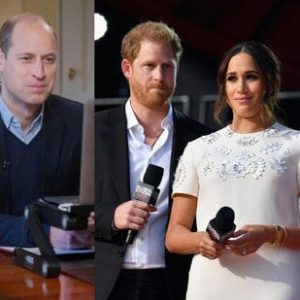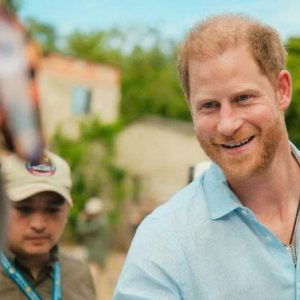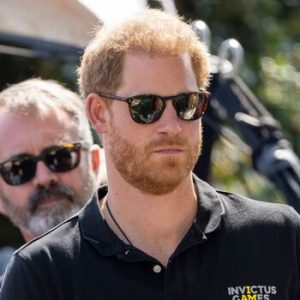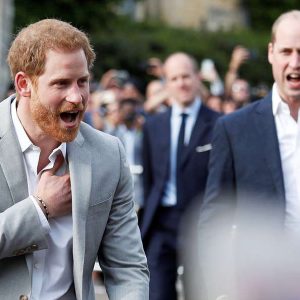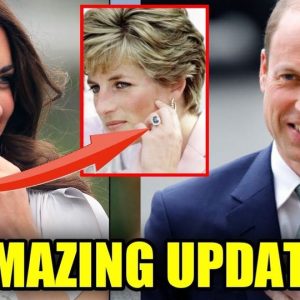King Charles burst in tears signing divorce documents with Camilla after huge secrets exposed
According to GB News, Queen Camilla is increasingly worried about King Charles’s health and wants him to take a break to focus on his cancer recovery.
However, Charles has not been receptive to her concerns. A close friend of the Queen Consort has revealed that Charles’s refusal to slow down, despite his ongoing battle with cancer, has caused tensions between the couple.
The friend shared that Charles left Camilla dissatisfied just a few days into their vacation at Balmoral Castle by attending an intense royal engagement.
While Camilla has made a strong effort to urge Charles to take it easy, he remains determined to continue his work.
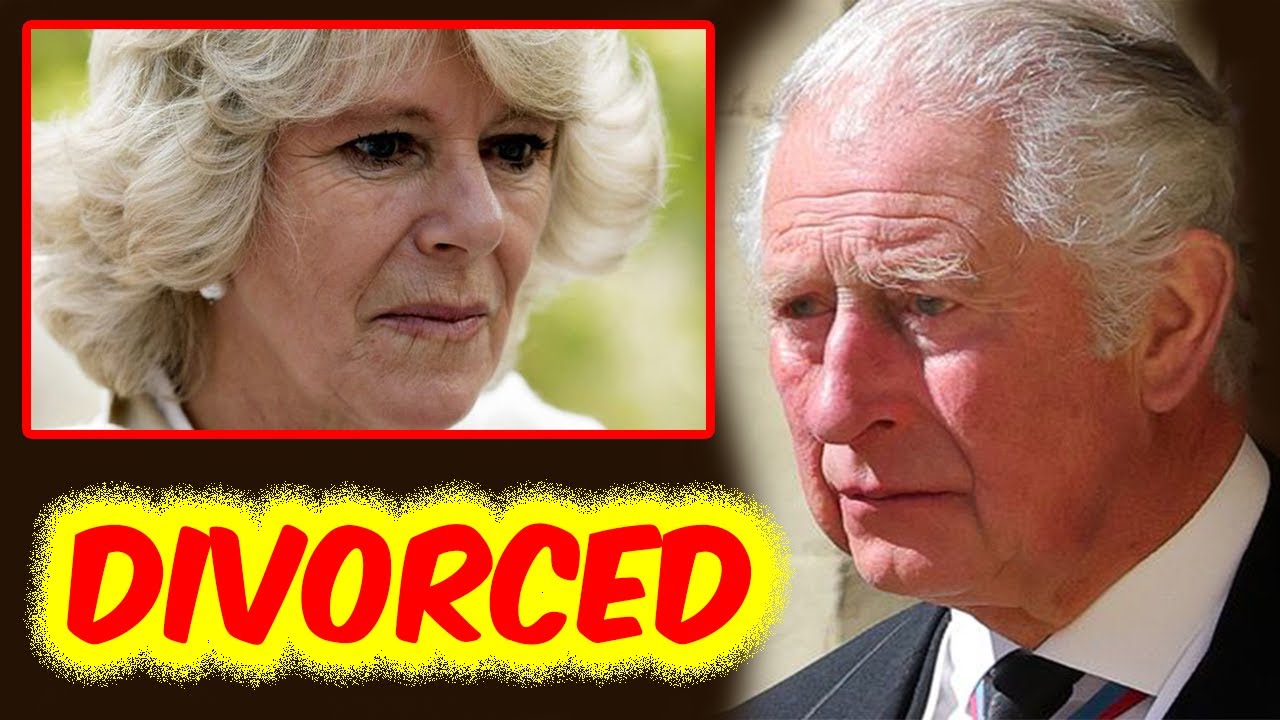
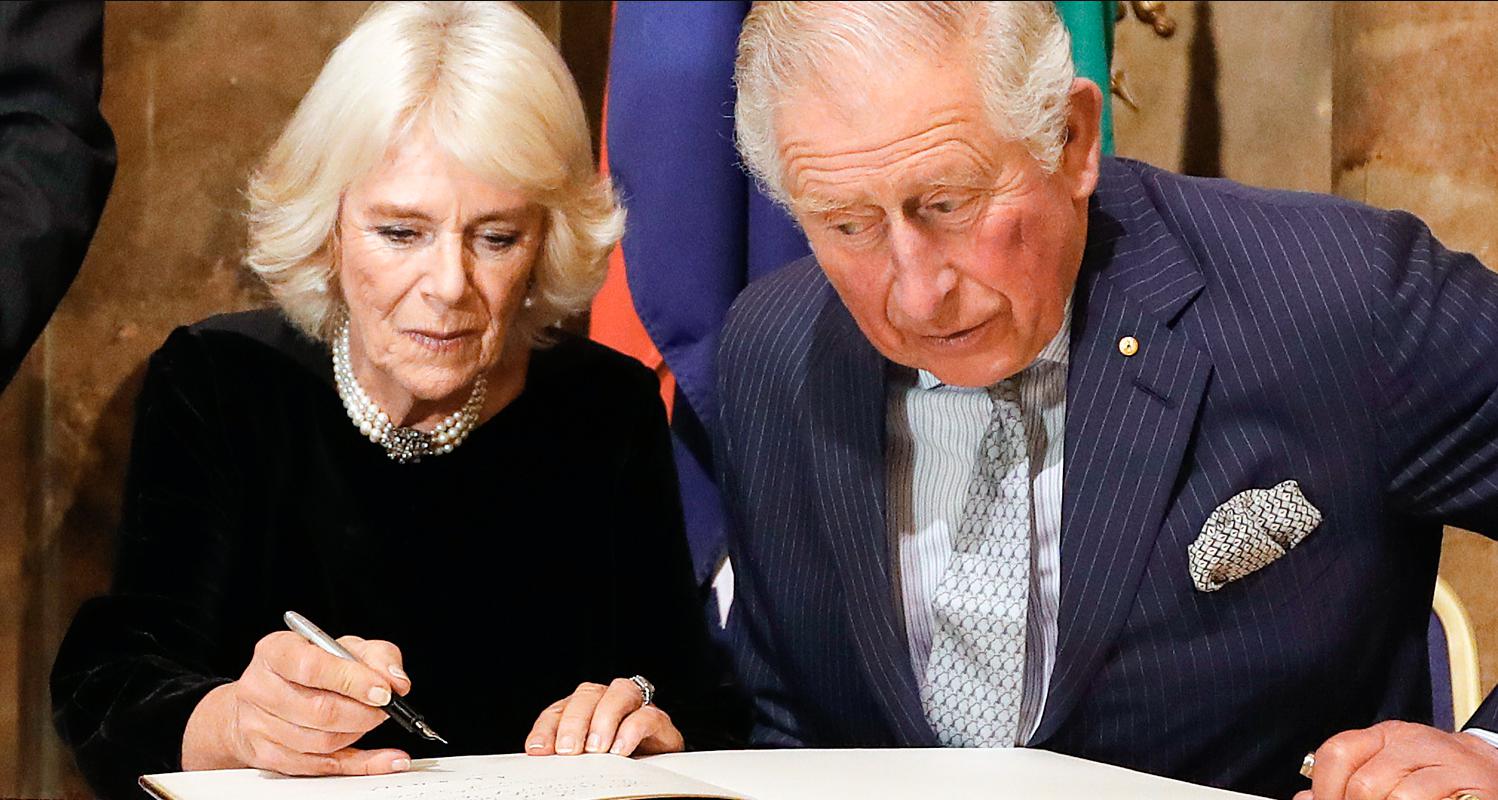
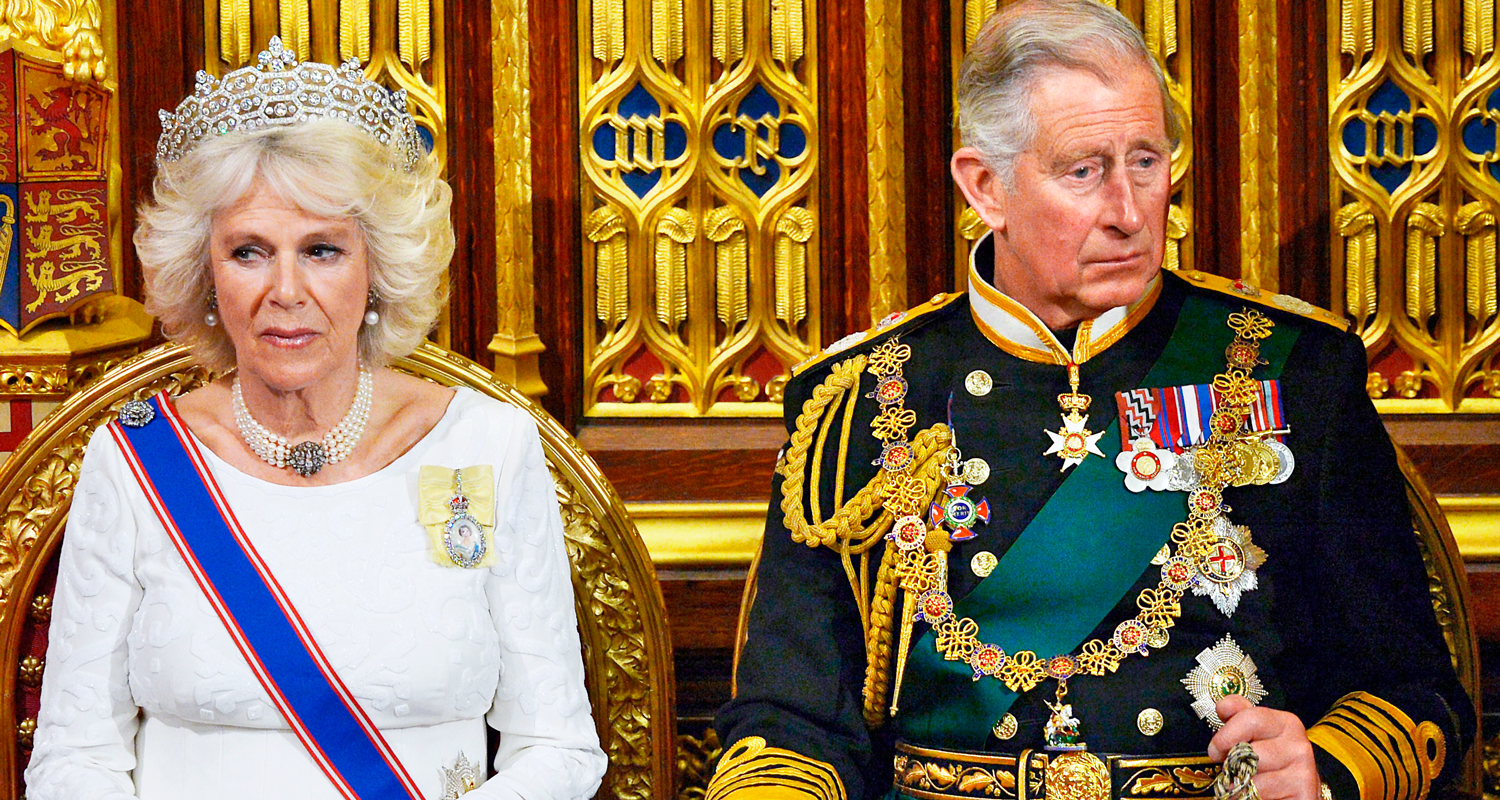
The friend told the publication, “Camilla was deeply unhappy that he broke off his holiday on Tuesday to attend an extremely intense engagement, having only started his holiday on Monday.”
They added, “Obviously, she understands the importance of these duties and would never try to guide Charles otherwise, but the timing seems extraordinary, especially with the upcoming Australia tour. She is afraid he is overworking himself and wants him to slow down. She worries that doing too much could hamper his recovery.”
King Charles and Camilla Parker Bowles married in April 2005. Although they have been married for 14 years, their union sparked some controversy at the time of their engagement. The royal pair opted for a civil marriage, which caused a complicated legal situation. The proposal put forward in March 2005 directly contradicted previous legal advice that members of the royal family could not have a legal marriage through a civil registry service. This advice had been provided by past Lord Chancellors to previous Prime Ministers and monarchs.
However, the then-Lord Chancellor, Lord Falconer of Thoroton, issued an emergency statement in February 2005, stating that the marriage would be legal under human rights law. The decision was made by consulting the European Convention on Human Rights, which established that the Prince of Wales has the right to marry like any other person in the UK, without restrictions imposed by the government.
Writing in The Independent in 2005, Chief Political Correspondent Marie Woolf explained that Lord Falconer said a civil ceremony would not violate the law because the Royals were protected by the Human Rights Act, which came into force a few years earlier. Due to concerns that the wedding might face a formal challenge, the Lord Chancellor was forced to issue the clarification.
In June 2001, Charles had expressed concern in letters to Lord Irvine of Lairg, Lord Falconer’s predecessor as Lord Chancellor, that the Act would only encourage people to take up causes that would make the pursuit of a rational, enlightened, and ordered existence increasingly difficult.

